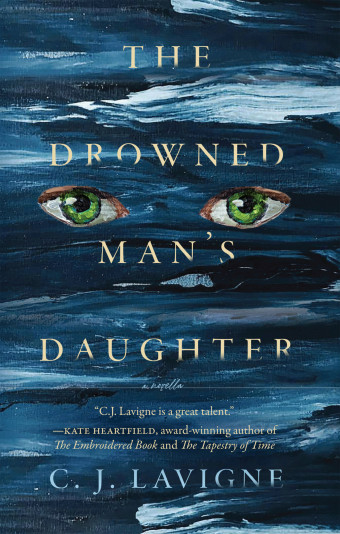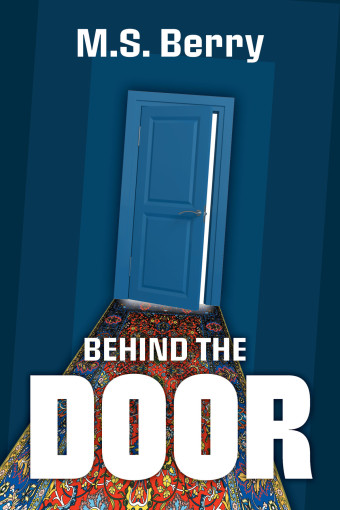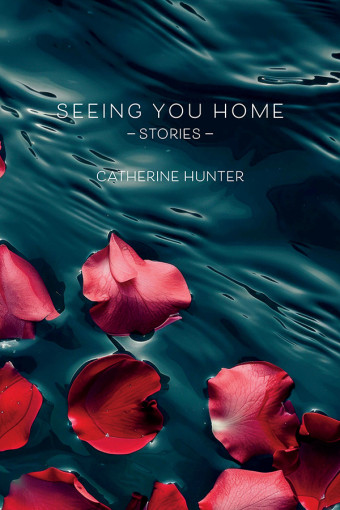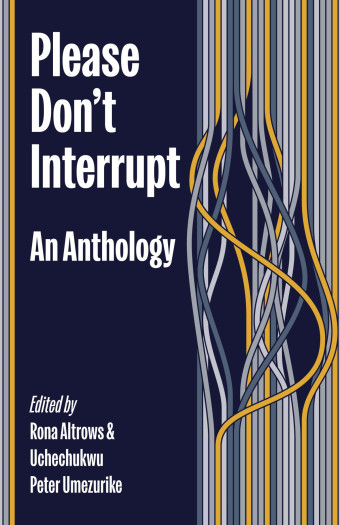Winnipeg author Patricia Robertson’s third collection of short stories, Hour of the Crab, challenges readers to re-evaluate their ideas of everyday reality.

- Hour of the Crab
- Patricia Robertson
- Goose Lane Editions
- $22.95 Paperback, 248 pages
- ISBN: 978-17-73101-60-6
In the story “Speaking in Tongues,” a grandmother and her grandson find strange messages appearing written into their skin. Then snail shells, Littorina obtusata, appear – Atlantic shells on the Pacific coast. The children accept the strange portents and new reality with equanimity. Perhaps they have an insight into a different future, one which most of us cannot fathom?
“I’m pretty sure that Babs, the elderly protagonist in that story, thinks so, once she comes to terms with what the children are experiencing, even though she doesn’t really understand it,” says Robertson. “It’s an act of faith on her part. She’s imprisoned, as we all are, by consensual reality, and is granted a glimpse of what might lie beyond it through her grandson and his friends.”
Robertson also challenges our comfort level about climate change in “Fire Breathing.” Ty, a firefighter in Burnaby, understands that fires are now different, out of control. He tries to make the world safe: “It was safe, for now. Safe for as long as he and his kind did what they were trained to do – hold back the wall of flame from the world.”
Although the story is set a decade in the future, Robertson sounds an alarm for the present. She says, “I’m not a climate scientist. But based on everything I’ve read and on reports from friends in B.C., we’re going to see more of what we’re seeing now – fire seasons becoming ever longer and more intense, fire behaviour that’s increasingly unpredictable, firefighters with decades of experience who are saying, with monotonous regularity, ‘I’ve never seen fires like this before.’ I don’t really think of the fires in the story as dystopian. We’re already there.”
_800_882_90.jpg)
Robertson’s prose is faultless, imbued with breathtaking imagery. Many of the stories involve a sense of otherworldliness, capturing the wonder of the world beyond the “consensual reality.”
A few of the protagonists in the stories have visionary experiences. In “Hour of the Crab,” Kate, a tourist in Spain, finds the body of a drowned migrant. The young man haunts her, and she is compelled to find his family.
In “The Oud-Maker’s Son,” Nicolas is also haunted, experiencing memories and voices from another life as a North African or Middle Eastern migrant. Robertson remarks, “Both Kate and Nicolas are bearing a burden, one the rest of the world has for the most part refused.”
These stories have sharp political edges: Robertson won’t let readers look away.
“I’m in a constant rage about our global treatment of undocumented migrants,” she says. “It’s unconscionable. I ask my students if they know what the global resettlement rate is for such people. It’s less than one percent. In 2018, according to the UN, Canada took in more refugees than any other country – a grand total of 23,100 people. We’re one of the world’s wealthiest, safest countries.
“We ought to be ashamed.”













